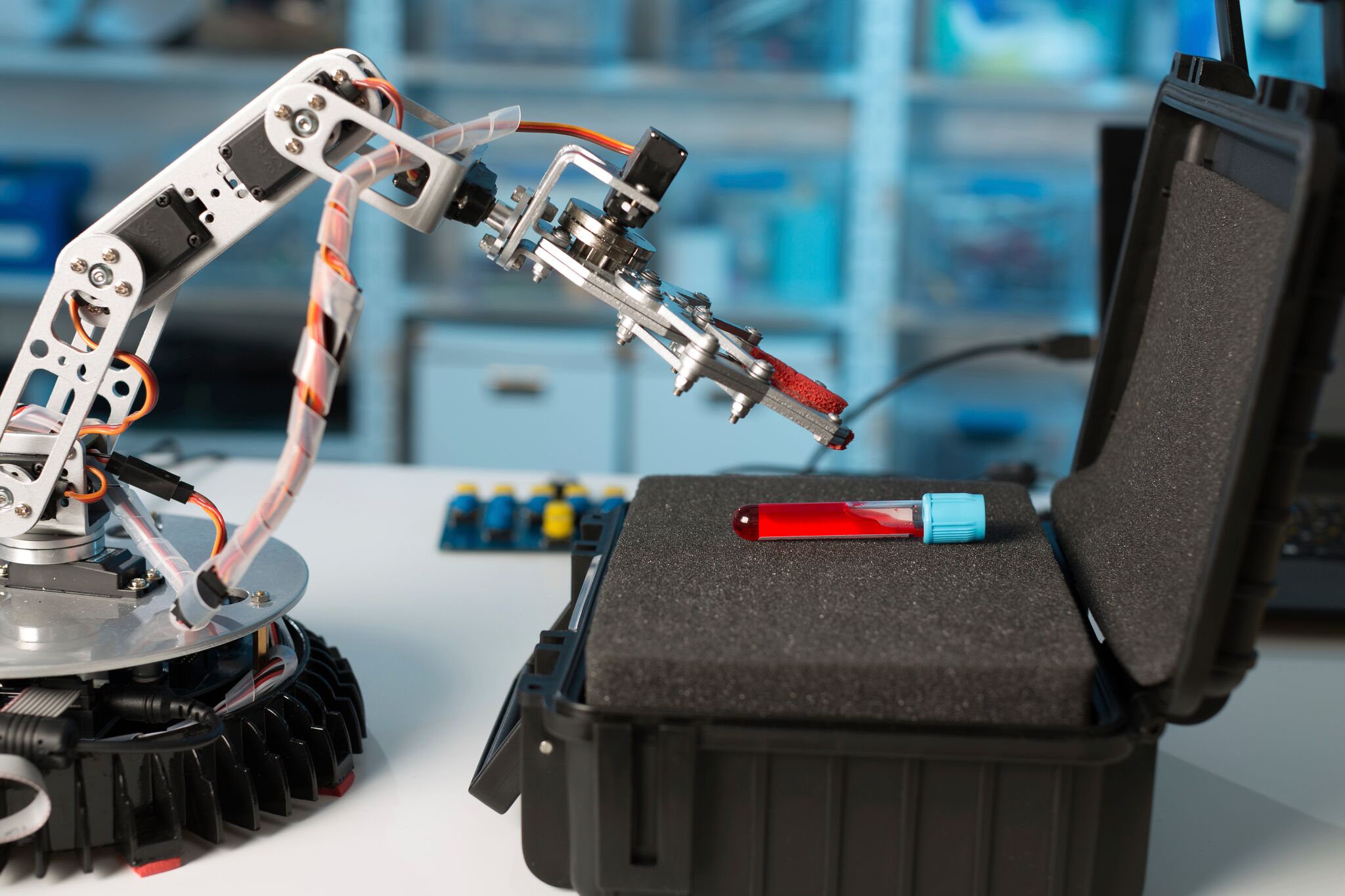
Around the world, 1 in 4 people will suffer from mood disorders, particularly depression, at some point in their lives, but researchers say current diagnosis and treatment techniques are still often a matter of trial and error.
That’s the backdrop for a recently released study through which researchers have developed a new blood test that may reveal the biological basis of mood disorders and offer precision medicine approaches to treatment.
For the study, which has been published in Molecular Psychiatry, researchers from Indiana University (IU) School of Medicine sought to develop a blood test composed of RNA biomarkers “that can distinguish how severe a patient's depression is, their risk of severe depression in the future and their risk of future bipolar disorder, or manic-depressive illness. The test also informs tailored medication choices for patients.”
Led by Dr. Alexander B. Niculescu, professor of psychiatry at the IU School of Medicine, the study builds on previous research conducted by Niculescu and his colleagues into blood biomarkers that track suicidality as well as pain, post-traumatic stress disorder and Alzheimer's disease.
”We have pioneered the area of precision medicine in psychiatry over the last two decades, particularly over the last 10 years. This study represents a current state-of-the-art outcome of our efforts," Niculescu said. "This is part of our effort to bring psychiatry from the 19th century into the 21st century, to help it become like other contemporary fields such as oncology. Ultimately, the mission is to save and improve lives."
During the study, participants were followed over time, with researchers observing them in both high and low mood states. Each time, the team recorded what changed in terms of the biomarkers in their blood between the highs and lows.
Researchers then leveraged large databases developed from all previous studies in the field to cross-validate and prioritize their findings, then validated the top 26 candidate biomarkers in independent cohorts of people with clinically severe depression or mania.
Finally, researchers tested the biomarkers in independent cohorts of people to determine how strong they were at predicting who is ill, as well as who will become ill in the future.
"Through this work, we wanted to develop blood tests for depression and for bipolar disorder, to distinguish between the two and to match people to the right treatments," Niculescu said. "Blood biomarkers are emerging as important tools in disorders where subjective self-report by an individual, or a clinical impression of a health care professional, are not always reliable. These blood tests can open the door to precise, personalized matching with medications, and objective monitoring of response to treatment."
In addition to the treatment and diagnostic improvements uncovered in the study, the team also found that mood disorders are impacted by circadian clock genes – the genes that regulate seasonal, day-night, and sleep-wake cycles.


